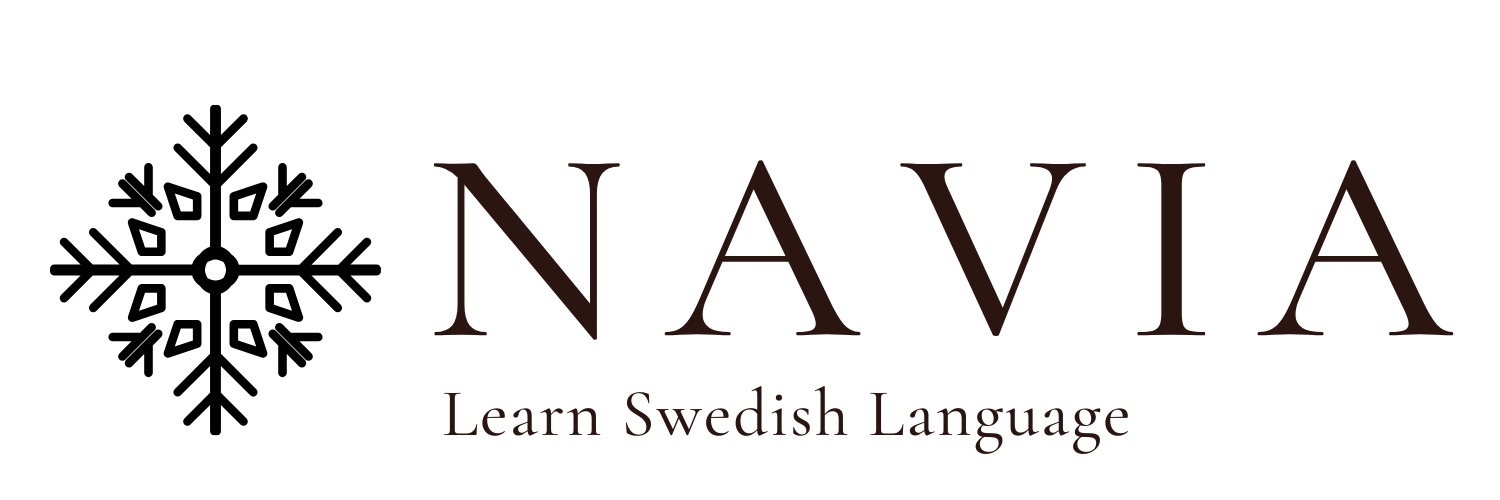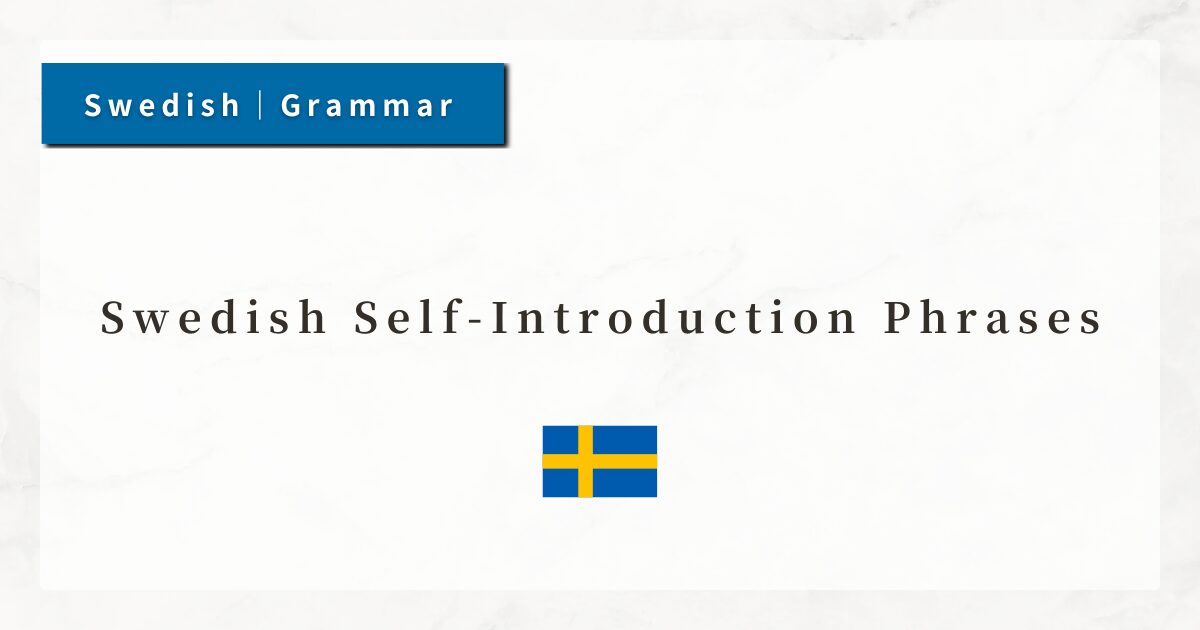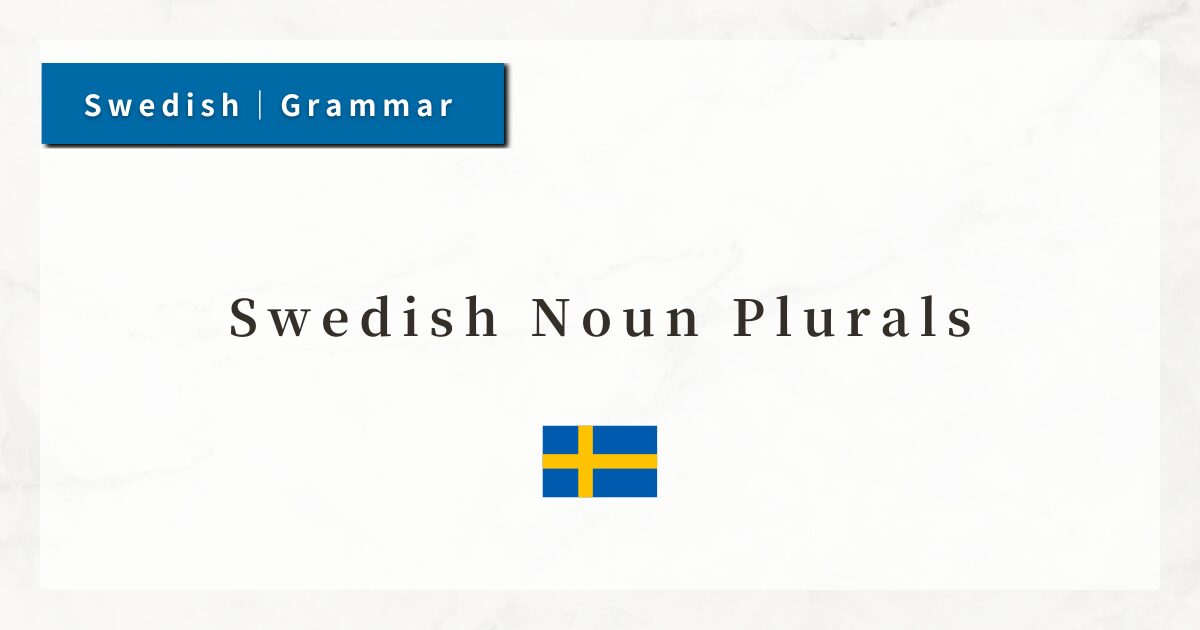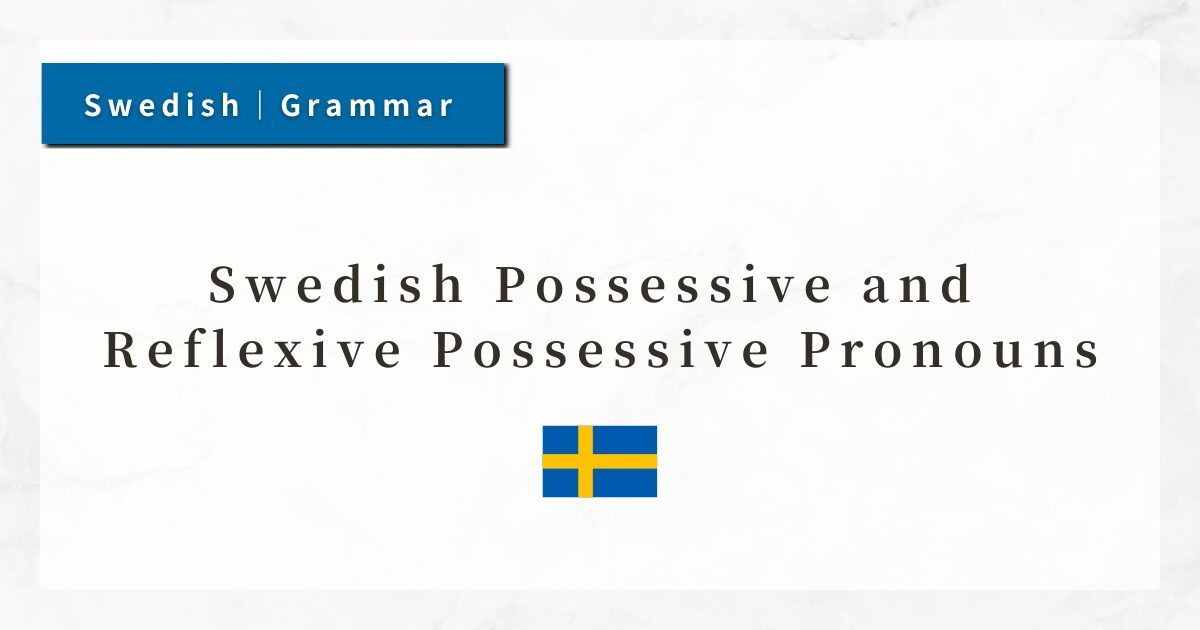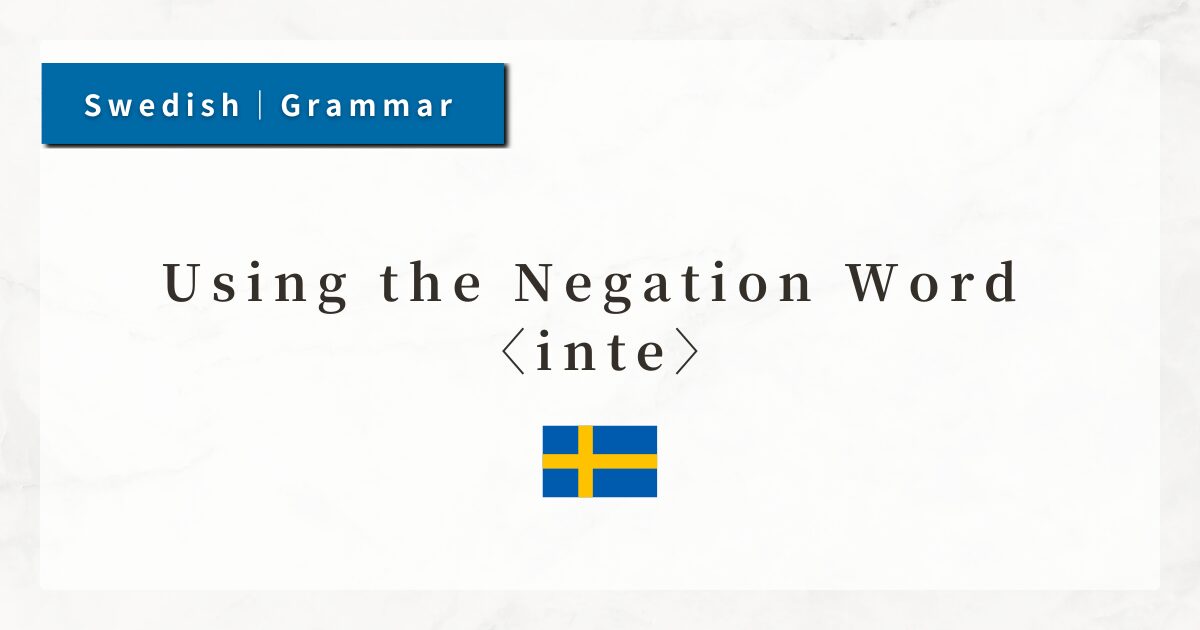#44 Using the Past Tense for Politeness in Swedish|Examples and Explanation
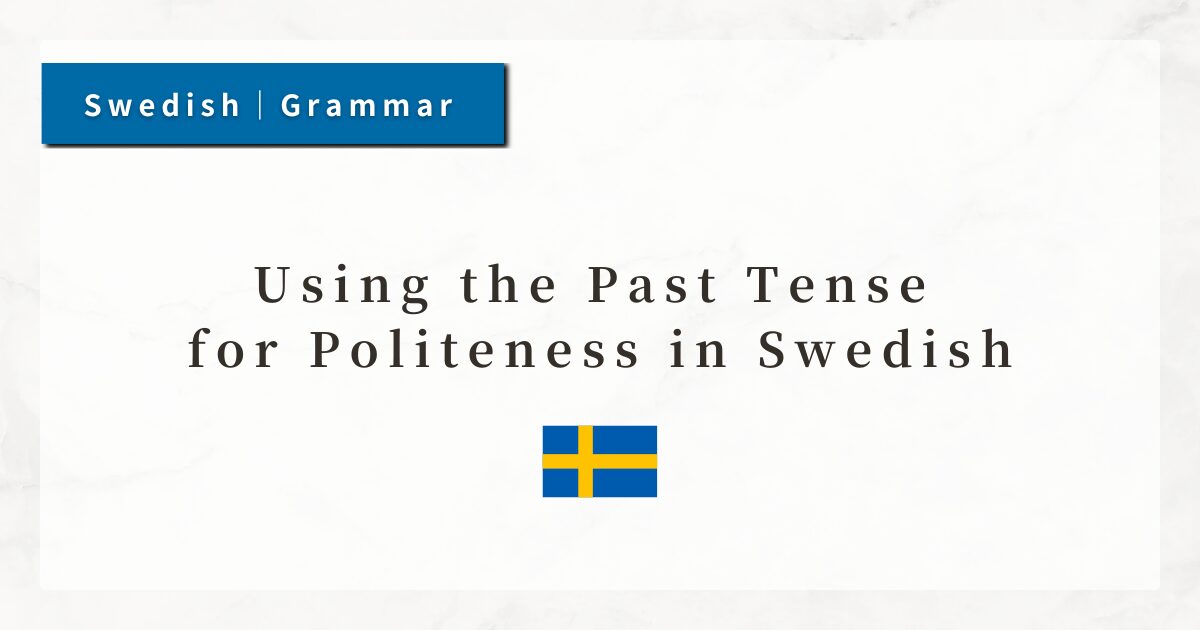
In Swedish, the past tense is generally used to describe events or states that took place in the past.
However, in everyday conversation, the past tense is sometimes used not to indicate actual past time, but to make speech sound more polite, indirect, or less forceful. This is known as the past tense as a polite expression.
In this lesson, I will explain how the past tense is used in Swedish as a way to soften requests, questions, and suggestions.
1. What is the Past Tense as a Polite Expression?
Normally, the past tense is used for actual past facts:
- Jag bodde i Stockholm.
(I lived in Stockholm.) - Han drack kaffe i morse.
(He drank coffee this morning.)
But in Swedish, the past tense can also be used for politeness, even when the meaning refers to the present. This usage is common in requests, questions, and proposals, and works as a way to avoid sounding too direct.
It has a nuance similar to English expressions like “Could you … ?”. In these cases, the grammar shows past tense, but the meaning refers to the present situation.
2. Basic Uses of the Polite Past
2-1. Polite Requests
- Jag undrade om du kunde hjälpa mig.
(I was wondering if you could help me.)
The present tense form would be “Kan du hjälpa mig?”(Can you help me?). By using the past tense kunde, the request sounds softer and more polite.
Although the form is past, the meaning is “Could you help me now?”—a polite present request.
2-2. Gentle Questions
- Ville du ha mer kaffe?
(Would you like some more coffee?)
The present tense would be “Vill du ha mer kaffe?” (Do you want more coffee?).
Using the past tense ville makes the question more considerate and less imposing. Although the verb form is past, the meaning is a current offer.
2-3. Softening Proposals or Hypotheticals
- Jag tänkte att vi kunde gå på bio.
(I was thinking we could go to the movies.)
Instead of directly saying “Shall we go?”, the speaker softens the proposal with the past tense tänkte (“was thinking”) combined with kunde (“could”).
3. Common Verbs Used in Polite Past Expressions
Certain verbs are frequently used in the polite past tense:
| Verb (infinitive) | Past tense | Typical use | Example |
|---|---|---|---|
| kunna (can, to be able to) | kunde | polite request / possibility | Kunde du hjälpa mig? |
| vilja (to want) | ville | gentle offer / invitation | Ville du ha mer kaffe? |
| tänka (to think, to intend) | tänkte | softening a suggestion | Jag tänkte att … |
| undra (to wonder) | undrade | polite question | Jag undrade om … |
4. Distinguishing from the Real Past
Whether a past tense refers to actual past time or a polite present depends on context and the presence of time expressions.
- Real past:
Jag ville ha kaffe i morse.
(I wanted coffee this morning.) - Polite expression:
Ville du ha kaffe?
(Would you like some coffee?)
In the first example, the time expression i morse (this morning) clearly marks the past.
In the second, there is no time reference, and the meaning is a polite offer in the present.
5. The Special Verb vore
The verb vore is a special case. It is only used in polite or hypothetical expressions, with a meaning similar to English “would be” or “it would be …”.
Historically, vore comes from the subjunctive of vara (to be). While the subjunctive has mostly disappeared in modern Swedish, vore has remained in use to express polite hypotheticals or wishes.
- Det vore bra om vi kunde börja tidigt.
(It would be good if we could start early.) - Vore det möjligt att ändra tiden?
(Would it be possible to change the time?)
By using vore instead of är (is), the speaker makes the expression softer and more considerate.
6. Summary
- The past tense in Swedish can be used not only for past events, but also as a polite or softened expression.
- It is commonly used in requests, questions, and proposals.
- Frequent verbs include kunna, vilja, tänka, undra, and the special form vore (from vara).
- Vore is particularly useful for polite conditions and suggestions, similar to English “would be.”
- Context and time expressions help distinguish between true past tense and polite past usage.
